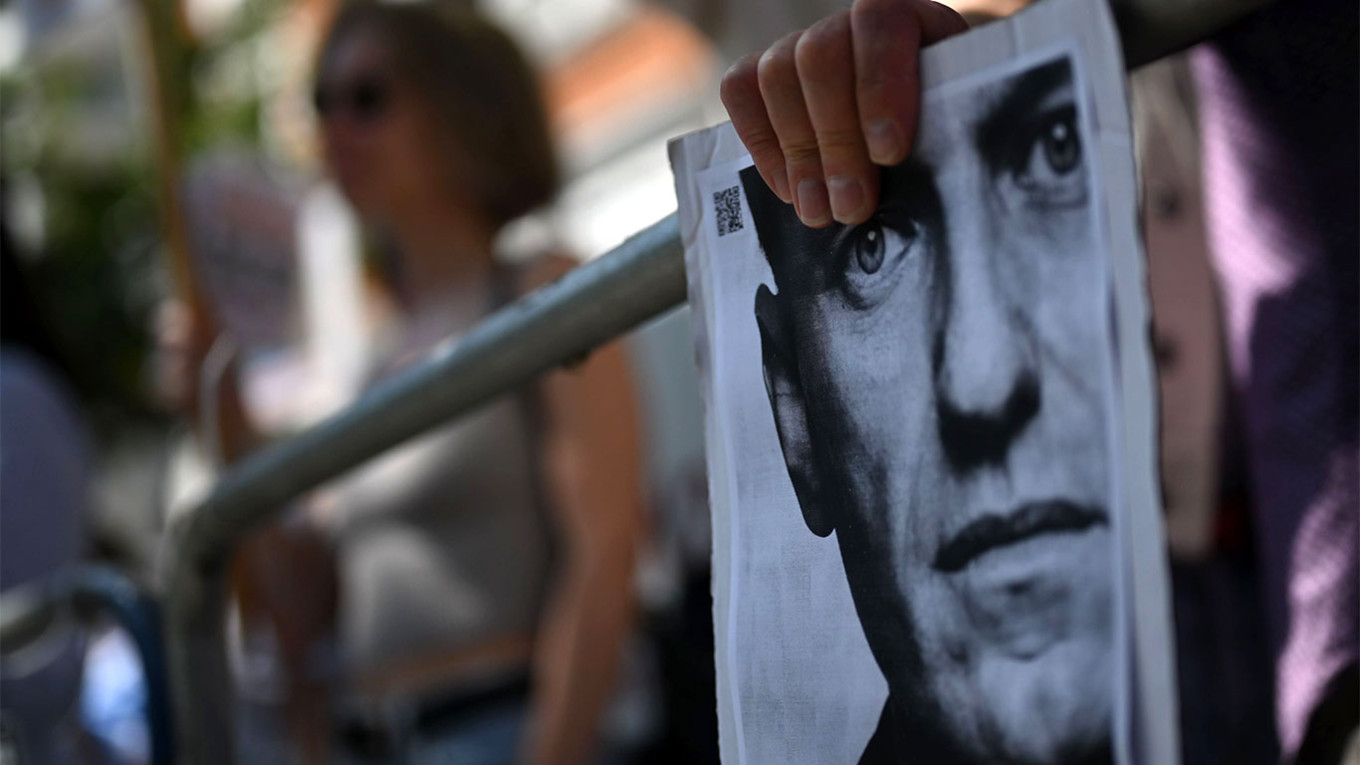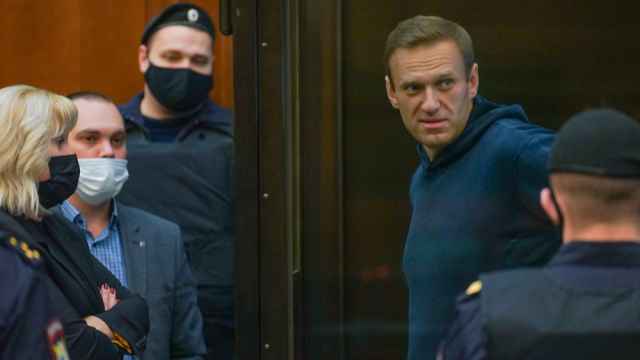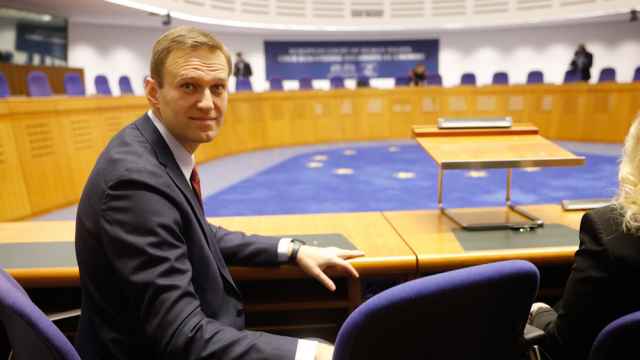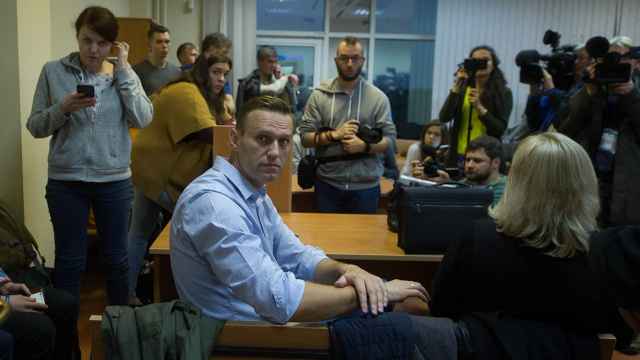The European Court of Human Rights Tuesday condemned Russia for failing to properly investigate the 2020 poisoning of opposition figure Alexei Navalny which the West says was an assassination bid.
The Strasbourg-based ECHR said Russia had notably failed "to explore the allegations of a possible political motive for the attempted murder, as well as possible involvement of state agents," unanimously finding Russia had violated the European Convention on Human Rights.
It said Russia had refused to open criminal proceedings into the poisoning, which led to Navalny falling into a coma and being put on life support.
The anti-corruption campaigner, seen by supporters as a potential political rival of President Vladimir Putin, fell ill while on a flight from Siberia.
He was later evacuated to Germany where he recovered but was imprisoned on his return to Moscow and has been behind bars ever since.
The ECHR noted that tests by the German government had shown "definite proof" of the presence of the chemical nerve agent Novichok in Navalny's system.
The court said the inquiry by Russia was not open to scrutiny and Navalny had not been allowed to participate.
The investigation was not "capable of leading to the establishment of the relevant facts and the identification and, if appropriate, punishment of those responsible," it said.
"It (the probe) therefore could not be considered adequate."
Russia was ordered to pay Navalny 40,000 euros ($43,000) in damages.
The ECHR is part of the pan-European rights body the Council of Europe from which Russia was expelled in the wake of its invasion of Ukraine last year.
However the ECHR still has a backlog of cases filed by Russian nationals before then and is continuing to issue verdicts.
It says Russia has a binding legal obligation to implement ECHR judgments concerning Moscow's actions or violations up until Sept. 16, 2022.
A Message from The Moscow Times:
Dear readers,
We are facing unprecedented challenges. Russia's Prosecutor General's Office has designated The Moscow Times as an "undesirable" organization, criminalizing our work and putting our staff at risk of prosecution. This follows our earlier unjust labeling as a "foreign agent."
These actions are direct attempts to silence independent journalism in Russia. The authorities claim our work "discredits the decisions of the Russian leadership." We see things differently: we strive to provide accurate, unbiased reporting on Russia.
We, the journalists of The Moscow Times, refuse to be silenced. But to continue our work, we need your help.
Your support, no matter how small, makes a world of difference. If you can, please support us monthly starting from just $2. It's quick to set up, and every contribution makes a significant impact.
By supporting The Moscow Times, you're defending open, independent journalism in the face of repression. Thank you for standing with us.
Remind me later.






